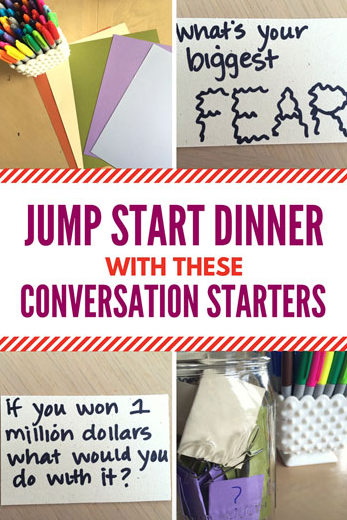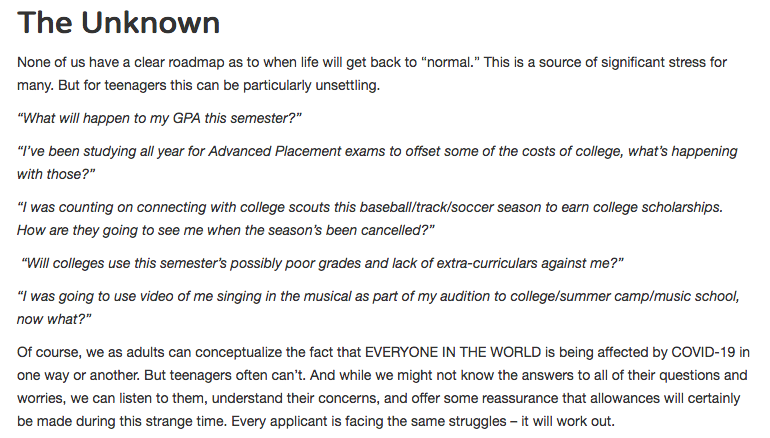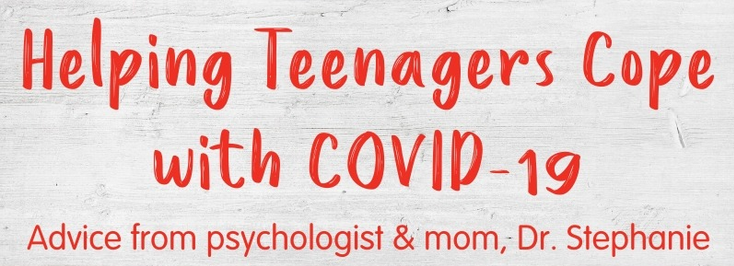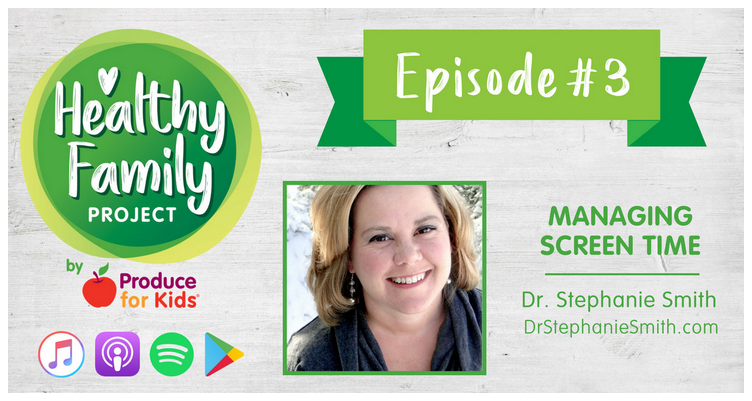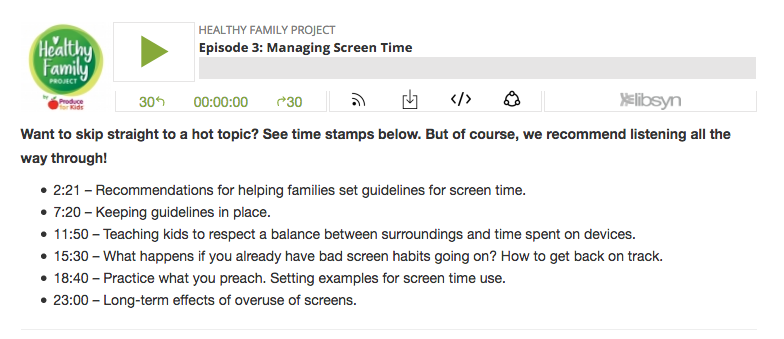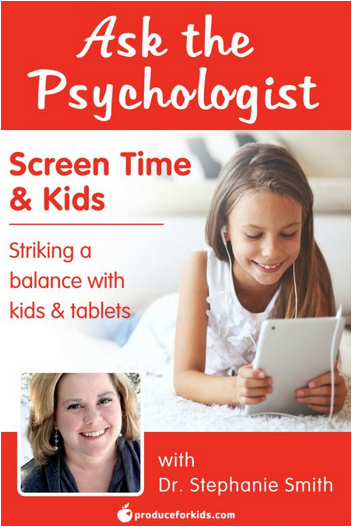OK, here’s what conversations often sound like in my house:
“Did you write a check for the mortgage”
“No! I forgot, can you do it!?”
and
“Did you practice piano yet?”
“Kind of.”
and
“Do we really have to go to your cousin’s sister’s daughter’s birthday party this weekend?”
“Yes, because she came to our party last year.”
and my favorite:
“How was your day, honey?”
“Fine.”
None of these “conversations” are particularly interesting or stimulating – and they certainly don’t do anything to help the participants feel closer to each other. Instead, they simply allow us to continue the business of running our household and nothing else. We are all guilty of this – surface, business-like conversations with those in our family (whether that family has two members or ten) – instead of meaningful, engaging exchanges.
When we first got to know our partners, we talked for hours about all kinds of interesting things. I would bet none of our first date conversations included topics like bills, carpools and trash day. And when our kids are young, they ask about a million questions everyday on all kinds of unique topics. But, by the time our relationships have seasoned and our kids are into things like friends and electronics, conversation can easily fall to the wayside.
I recently wrote an article over on Produce for Kids about how to jump start dinner conversation. The article was mostly focused on families with children at home, but I think the ideas can be used in any kind of family. Check it out:
